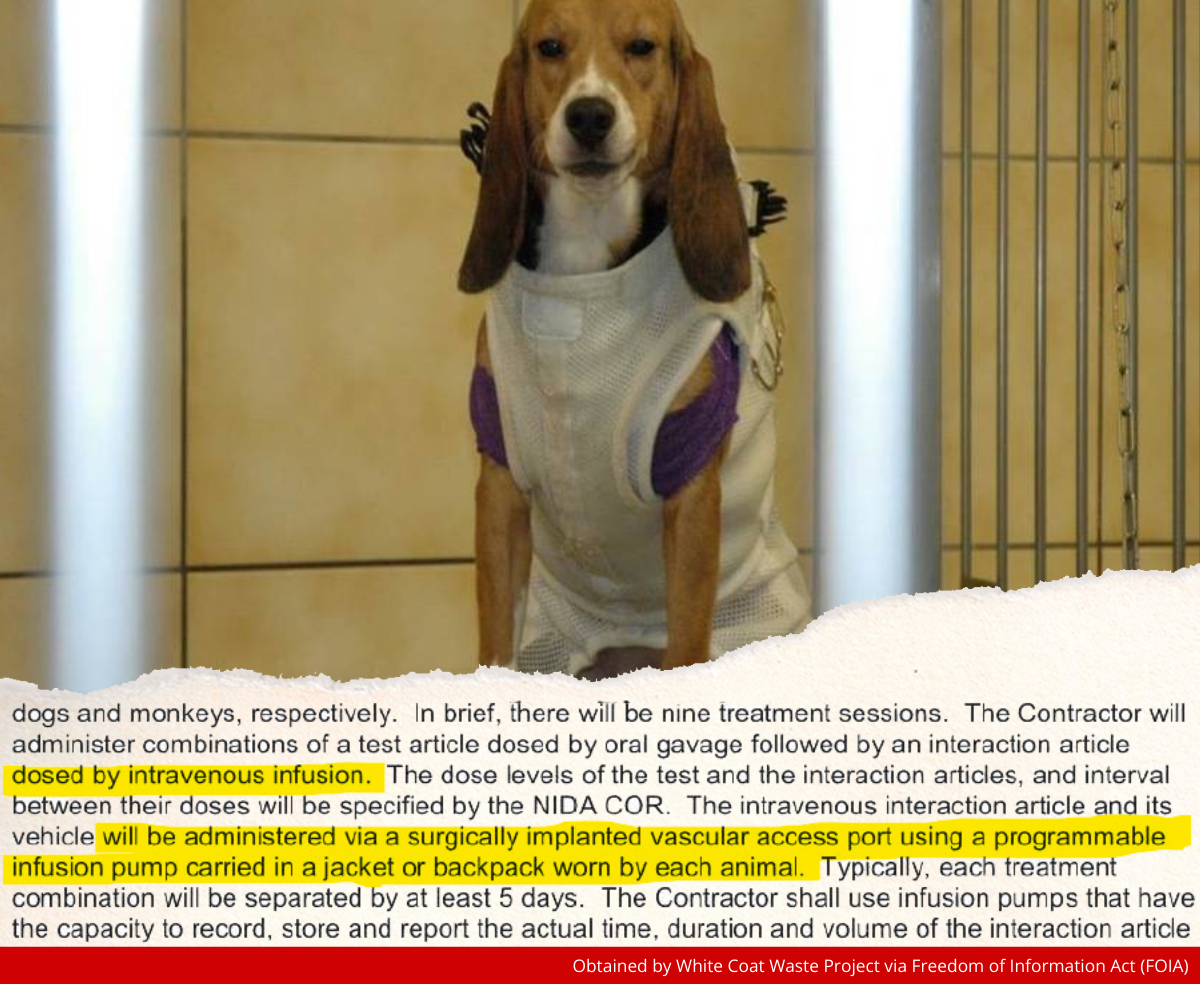Shame on our Congress but more…shame on the Justice Department for dragging it’s feet when it comes to anti-trust cases against big tech, especially Google.
Google is big…really big but perhaps $2.4 billion will get their attention…and that is just Europe. But then again, maybe not as Google just announced the following:
A herd of deer outside the equipment yard of the Google data center campus in Council Bluffs, Iowa. (Photo: Google)
The investment milestone by Google is the latest data point on the extraordinary growth of the data center industry in Iowa, which is also home to Meta’s largest cloud campus and a massive build-out by Microsoft in West Des Moines. The Iowa cloud cluster shows the prominent role of the Midwest in cloud geography, providing a data distribution hub in the center of the United States.
***
Google-owner Alphabet faces a massive lawsuit in Europe.
It’s being sued by price-comparison firm PriceRunner for around $2.4 billion.
The Swedish company alleges the tech giant manipulated search results.
PriceRunner wants Google to pay compensation for profits it claims it has lost in the UK since 2008; and Sweden and Denmark since 2013.
A Google spokesperson said the company would defend the lawsuit in court.
It claimed changes made to shopping ads five years ago have worked successfully.
It also said PriceRunner chose not to use shopping ads on Google, so may not have seen the same successes as others.
But PriceRunner said it was ready to fight for years, with financing in place and steps prepared in the event it does not win.
In November Google lost an appeal against a fine of over $2.7 billion imposed by the European Commission in 2017.
It found that the search giant used its own price comparison shopping service to gain an unfair advantage over smaller European rivals.
The seven-year investigation came about due to complaints that Google distorted internet search results in favour of its own shopping service.
PriceRunner is currently in the process of being bought by payments firm Klarna.
***

Source: PriceRunner said Monday that it plans to take Google to court in Stockholm. It’s seeking compensation for damages in relation to a 2017 ruling from the European Commission that Google breached antitrust laws by giving preference to its own shopping comparison product, Google Shopping, through its popular search engine.
After a seven-year investigation into the practices, the EU executive body dealt Google a historic $2.7 billion fine. Google appealed the penalty, but in November 2021, the decision was upheld by the EU’s General Court. The verdict can still be appealed and taken to the EU’s highest court.
PriceRunner CEO Mikael Lindahl said the company launched its lawsuit following “extensive and thorough preparations.”
“We are of course seeking compensation for the damage Google has caused us during many years, but are also seeing this lawsuit as a fight for consumers who have suffered tremendously from Google’s infringement of the competition law for the past fourteen years and still today,” Lindahl said in a statement.
A Google spokesperson said the company looks forward to defending its case in court. The company made a number of changes in 2017 aimed at addressing the commission’s concerns.
“The changes we made to shopping ads back in 2017 are working successfully, generating growth and jobs for hundreds of comparison shopping services who operate more than 800 websites across Europe,” the spokesperson said in an emailed statement.
“The system is subject to intensive monitoring by the EU Commission and two sets of outside experts. PriceRunner chose not to use shopping ads on Google, so may not have seen the same successes that others have.”
PriceRunner alleges Google has not complied with the commission’s ruling and is still abusing its dominant position among internet search engines. It expects the final damages to be “significantly higher” than the interim sum of 2.1 billion euros.
The company, which in November agreed to be taken over by Swedish fintech firm Klarna, wants Google to pay compensation for profits it lost in the U.K. since 2008, and in Sweden and Denmark from 2013 onward.
Klarna spokeswoman Aoife Houlihan said the company was “aware and supportive of this suit.”
“It is fundamental that all tech companies no matter where they operate, compete on the basis of their own merit with the best product and service and then gain consumers’ trust,” Houlihan told CNBC.
“European consumers have been denied real choice in shopping services for many years and this is one step to ensuring this ends now.”
PriceRunner says it’s the largest independent price comparison service in the Nordic region, with over 3.7 million products to select from 22,500 stores across 25 different countries.


 The study was funded by the National Institutes of Health’s (NIH) Institute on Drug Abuse and costed taxpayers of $2.3 million.
The study was funded by the National Institutes of Health’s (NIH) Institute on Drug Abuse and costed taxpayers of $2.3 million. 

